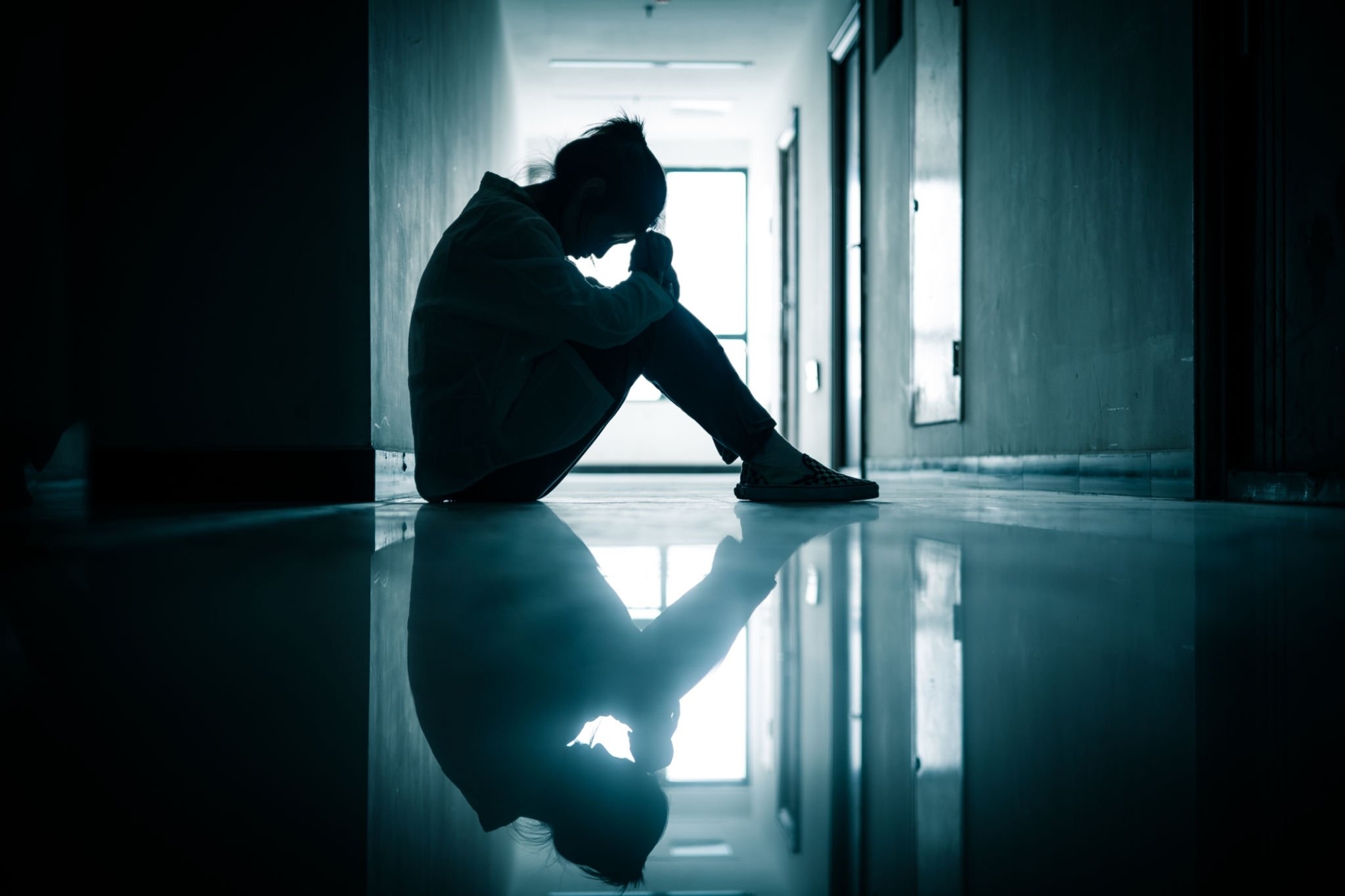
The link between physical and mental health is an important one to understand. It can help doctors diagnose problems, treat them early on, and provide treatment options for both conditions.
Doctors now know that the health of your body and the health of your mind are connected
When someone has a physical illness, it can affect their mental health. And when someone has a mental illness, it can affect their physical health.
Poor mental health can weaken your body’s immune system, making you more likely to get colds and other infections during stressful times. In some cases, it also makes chronic physical problems worse.
Doctors now know that the health of your body and the health of your mind are connected. When someone has a physical illness, it can affect their mental health. And when someone has a mental illness, it can affect their physical health.
Mental illness affects everyone differently: some people may find that they can manage their symptoms better than others; some people will develop serious depression or anxiety disorders over time, others might experience only mild symptoms of anxiety or depression but still need treatment because these conditions affect their daily lives in significant ways (e., work performance).
Having a chronic disease or being in pain can lead to depression or make existing depression worse, especially if you feel like there’s nothing you can do to improve how you feel or reduce your pain

Depression is a common mental health problem, affecting about one in eight adults. It can make chronic pain worse and harder to treat, as well as more difficult to manage and live with.
Research shows that people with chronic conditions such as arthritis or rheumatoid arthritis (RA) are at greater risk of depression than other groups.
And while there are many reasons why this might be so, including the fact that people with these conditions tend to feel alone or isolated from their peers, it’s also likely due to the effects of their condition on their overall well-being.
Mental illnesses can also affect your sleep and appetite, which may lead to weight gain or loss
Problems with concentration and memory may make it hard to complete tasks at work or home, and keep up with social activities. These problems can lead to isolation and sometimes alcohol or drug abuse.
Mental illnesses can also affect your sleep and appetite, which may lead to weight gain or loss. Problems with concentration and memory may make it hard to complete tasks at work or home, and keep up with social activities.
These problems can lead to isolation and sometimes alcohol or drug abuse!
- Sleep troubles: People who have mental illness are more likely than others to suffer from insomnia (a lack of sleep). They may wake up frequently during the night or find it hard to fall asleep when they do finally drift off.
- Eating disorders: People who have depression may eat less than usual because they feel down about themselves, this leads them not only to lose weight but also put themselves at risk for other serious health problems such as heart disease, diabetes, and high blood pressure (hypertension).
People with anxiety disorders respond to certain situations with fear and dread, as well as with physical signs of anxiety or panic, such as a rapid heartbeat and sweating
For people with OCD (obsessive-compulsive disorder), anxiety takes the form of unwanted thoughts or rituals they feel they cannot control.
People with anxiety disorders respond to certain situations with fear and dread, as well as with physical signs of anxiety or panic, such as a rapid heartbeat and sweating.
Anxiety is an emotion that occurs in response to stressors such as threats, impending danger, or loss of something valuable. The individual may feel threatened by these things even if there is no real threat present at all, this feeling can then become generalized over time into a generalized state called state phobia.
Conclusion
People who have mental illnesses also need to remember that they can affect their physical health. For example, having a mental illness may make it harder for you to lose weight or get enough sleep.
You may also feel anxious or depressed about how your body looks in certain clothes or when interacting with others.
It’s important to talk with your doctor about how these symptoms might affect your life and what helps relieve them, whether it be medications or therapy sessions!












